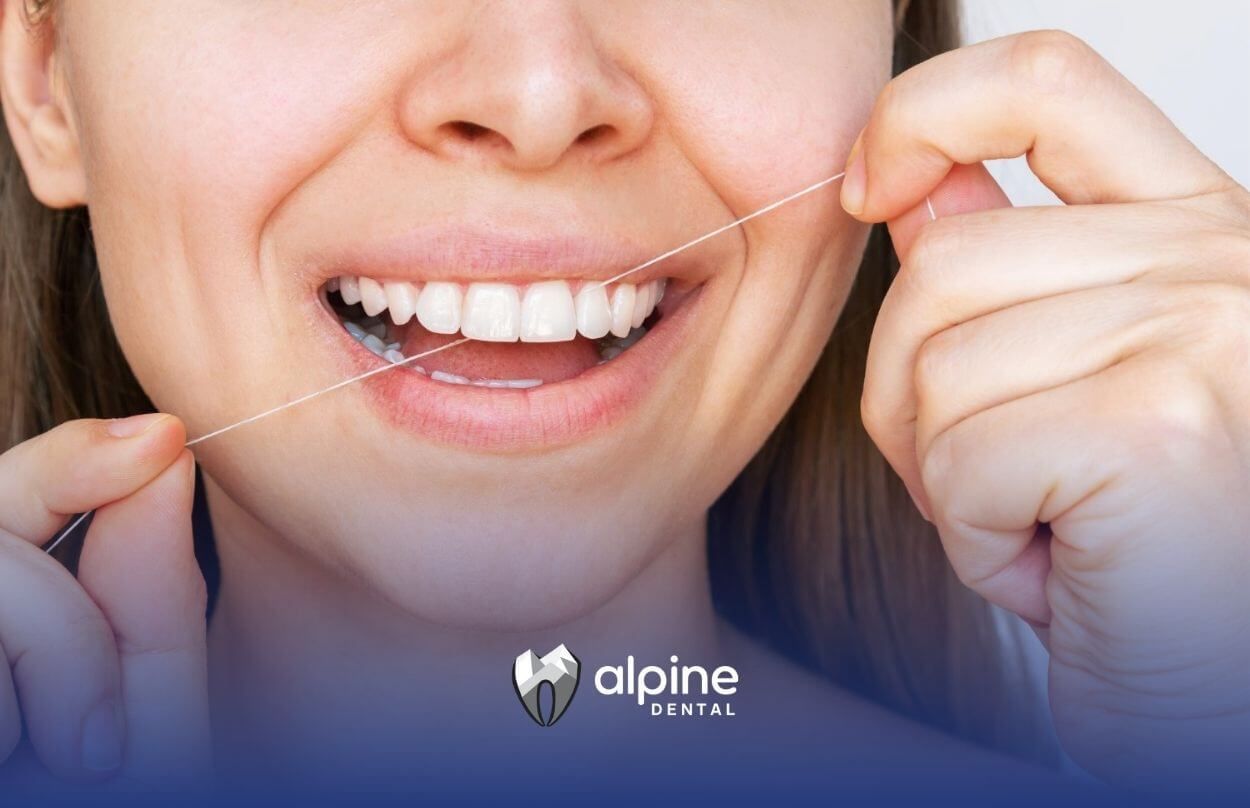Can a 7-Year-Old Have a Toothache? Causes and Solutions
Toothaches are common in children, and if you’ve ever heard your 7-year-old complain about a tooth hurting, you’re not alone. Toothaches can happen for a variety of reasons, and understanding the root cause is important in addressing the issue quickly. But can a 7-year-old really have a toothache, and if so, what’s the best way to help them?
In this comprehensive guide, we’ll explore the causes of toothaches in children, how to identify symptoms, and what parents can do to alleviate their child’s discomfort. Let’s dive into the details.
Can a 7-Year-Old Really Have a Toothache?
Absolutely! Children as young as 7 can experience toothaches. While this age typically marks a transition period between primary (baby) teeth and adult (permanent) teeth, dental issues can occur at any time. For a 7-year-old, toothaches may be caused by:
- Cavities: Even young children can develop cavities due to poor oral hygiene or sugary snacks.
- Teething: Around this age, children may experience discomfort as their permanent teeth begin to come in.
- Injury: A recent bump or fall could lead to a tooth injury that causes pain.
- Gum Inflammation or Infection: Sometimes, the gums can get inflamed or infected, causing pain around the teeth.
- Dental Abscesses: An untreated cavity can lead to an infection or abscess at the root of the tooth.
Understanding what’s causing your child’s pain is the first step in managing it properly.
Common Causes of Toothaches in Children
While cavities and teething are the most common reasons for toothaches, other factors could also contribute. Let’s take a look at some of the most common causes.
1. Cavities (Dental Decay)
One of the most frequent causes of toothaches in children is cavities. Tooth decay occurs when bacteria in the mouth break down food particles, producing acids that attack the enamel. Over time, this leads to the formation of holes, or cavities, in the teeth. If left untreated, cavities can deepen and cause significant pain, especially if they affect the nerve inside the tooth.
Signs of Cavities:
- Tooth pain, especially when eating or drinking hot, cold, or sweet foods
- Visible holes or pits on the surface of the teeth
- Sensitivity to temperature or pressure
2. Teething
While teething usually occurs in younger children, around the age of 7, permanent teeth begin to erupt, and this can cause some discomfort. The process of teething can cause inflammation and tenderness in the gums, which might result in pain that’s often mistaken for a toothache.
Signs of Teething:
- Mild discomfort or soreness
- Slight swelling in the gums
- Increased drooling
3. Injuries or Trauma
Children are often active, and accidents happen. A fall or bump to the mouth can cause damage to the teeth or gums, leading to pain. Sometimes, even if a child doesn’t notice a broken or cracked tooth, the injury could cause a lingering ache.
Signs of Dental Injury:
- Immediate pain after an accident
- Swelling or bruising in the gums or mouth
- A tooth that feels loose or looks cracked
4. Gum Inflammation or Infection
Inflamed or infected gums can result in a toothache-like feeling. Gingivitis or gum disease can cause swelling, redness, and discomfort around the teeth. Infections in the gums can lead to abscesses, which can cause severe pain if untreated.
Signs of Gum Infections:
- Red, swollen gums
- Bleeding when brushing or flossing
- Persistent pain near the gums or teeth
5. Dental Abscesses
A dental abscess is a serious condition where an infection forms at the root of a tooth. This typically occurs after an untreated cavity leads to bacterial infection. If not treated, a dental abscess can spread and cause intense pain, fever, and swelling.
Signs of a Dental Abscess:
- Severe, throbbing tooth pain
- Sensitivity to hot or cold food
- Swelling or a pimple-like bump on the gums
How to Recognize a Toothache in a 7-Year-Old
Since a 7-year-old may not always have the words to describe their pain, it’s important to recognize the signs of a toothache. Here’s what to look for:
- Complaints of pain: Your child may mention their teeth or gums hurt, especially when eating or drinking.
- Behavior changes: They might become more irritable, avoid eating, or complain about certain foods hurting their teeth.
- Difficulty chewing or biting: If your child has a toothache, they may avoid chewing on one side of their mouth.
- Visible signs: Look for redness, swelling, or pimple-like bumps on the gums.
- Fever or swelling: If the pain is related to an infection, you may notice a fever or swelling around the affected area.
How to Relieve a Toothache in a 7-Year-Old
If your child is experiencing a toothache, here are some steps you can take at home to help relieve the pain until you can see a dentist.
1. Over-the-Counter Pain Relief
If the pain is severe, an over-the-counter pain reliever, such as acetaminophen or ibuprofen, can help reduce discomfort. Make sure to follow the dosage instructions for your child’s age and weight.
2. Cold Compress
Applying a cold compress to the outside of your child’s cheek near the painful tooth can help reduce swelling and numb the area. Use a cold pack wrapped in a cloth and apply it for 15 to 20 minutes at a time.
3. Salt Water Rinse
Rinsing with warm salt water can help cleanse the affected area and alleviate some discomfort. Mix about 1/2 teaspoon of salt in a cup of warm water, and have your child swish it in their mouth for 30 seconds before spitting it out.
4. Clove Oil
Clove oil contains eugenol, a natural pain-relieving agent. You can apply a small amount of clove oil directly to the painful tooth using a cotton ball. This can help numb the area temporarily.
5. Keep the Area Clean
Encourage your child to continue brushing and flossing gently around the painful tooth. Keeping the area clean can prevent further irritation and infection.
When to See a Dentist
If your child’s toothache persists for more than a day or if they experience severe pain, swelling, fever, or difficulty swallowing, it’s important to seek professional dental care immediately. A dentist will be able to diagnose the underlying cause of the pain and recommend the appropriate treatment.
Preventing Toothaches in Children
While toothaches can happen, there are steps you can take to help prevent them:
- Brush twice a day: Encourage your child to brush their teeth in the morning and before bed to prevent cavities.
- Floss daily: Flossing helps remove food particles and plaque from between the teeth, reducing the risk of cavities.
- Limit sugary snacks: Sugary foods can contribute to cavities. Offer healthier alternatives like fruits and vegetables.
- Regular dental checkups: Ensure your child visits the dentist every six months for cleanings and checkups.
- Use fluoride toothpaste: Fluoride helps strengthen enamel and protect against cavities.
Conclusion
A 7-year-old can absolutely experience a toothache, and it’s essential to identify the cause as early as possible. Whether it’s a cavity, teething, an injury, or an infection, addressing the issue promptly can prevent further complications. If your child is in pain or showing signs of a toothache, don’t hesitate to consult with a professional.
If you’re concerned about your child’s oral health, the team at Alpine Dental is here to help. Our experienced pediatric dentists can provide the care and guidance your child needs to maintain a healthy, pain-free smile.
Frequently Asked Questions
How do I know if my child’s toothache is serious?
If the pain lasts more than a day, or if there is swelling, fever, or difficulty swallowing, it’s best to seek immediate dental attention.
Can my child’s toothache be caused by teething?
Yes, teething can cause mild discomfort as permanent teeth emerge around age 7, though it’s usually less painful than other causes of toothaches.
How can I prevent toothaches in my child?
Regular brushing, flossing, limiting sugary snacks, and visiting the dentist regularly are all crucial in preventing toothaches in children.
Sources:
- https://www.webmd.com/children/what-to-do-about-cavities-in-children
- https://my.clevelandclinic.org/health/diseases/10943-abscessed-tooth
- https://pmc.ncbi.nlm.nih.gov/articles/PMC4253289/
- https://www.nationwidechildrens.org/conditions/health-library/toothache-pulpitis-in-children
- https://www.medicalnewstoday.com/articles/321256




